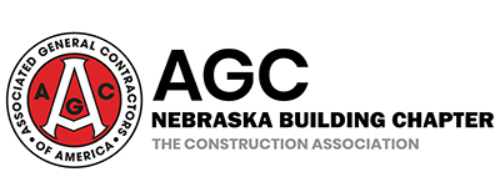General Philosophy Statements Regarding Legislative Action
The Nebraska Building Chapter believes that jobs and the economy are the key components of “the good life” in Nebraska. A state needs to be perceived as stable and welcoming for businesses to invest. The Chapter supports initiatives that will jump‐start privately‐funded construction, grow the economy, enhance competitiveness, and continues to create high paying jobs in the state.
The Nebraska Building Chapter supports legislation that enhances economic development throughout the state; increases the public and private sector’s likelihood to build or renovate structures; and lowers the cost of doing business in the state.
The Nebraska Building Chapter supports any serious effort to improve the economy and boost private sector demand for construction that include a comprehensive effort to reduce costly, time consuming and needless regulatory burdens. Although we do not question the government’s role in ensuring the health, well-being and safety of people and the environment, some proposed rules would obligate the construction firms of all sizes to spend an increasing amount of their resources and capital on regulatory compliance. As such, AGC promote reasonable and achievable rules and regulations.
The Nebraska Building Chapter supports legal reform that can improve the business climate by removing the threat of frivolous litigation, reducing insurance costs, and stabilizing prices to the consumer.
The Nebraska Building Chapter opposes all legislation that increase the taxes on construction firms; increases the administrative burden; or increases our liability/risk on items we cannot or do not control.
The Nebraska Building Chapter, along with AGC of America opposes Government Mandated Labor Agreements on public projects. In addition, we both support all types of project delivery methods for public and private construction projects.
The Nebraska Building Chapter supports all legislation that will increase the funding of career and technical education and provides additional funding for all levels of construction education in the state, along with training dollars for the existing workforce in construction and related occupations.


